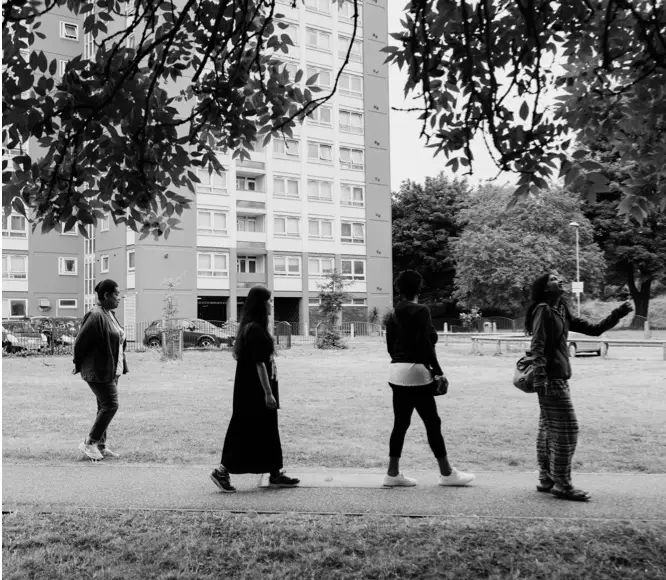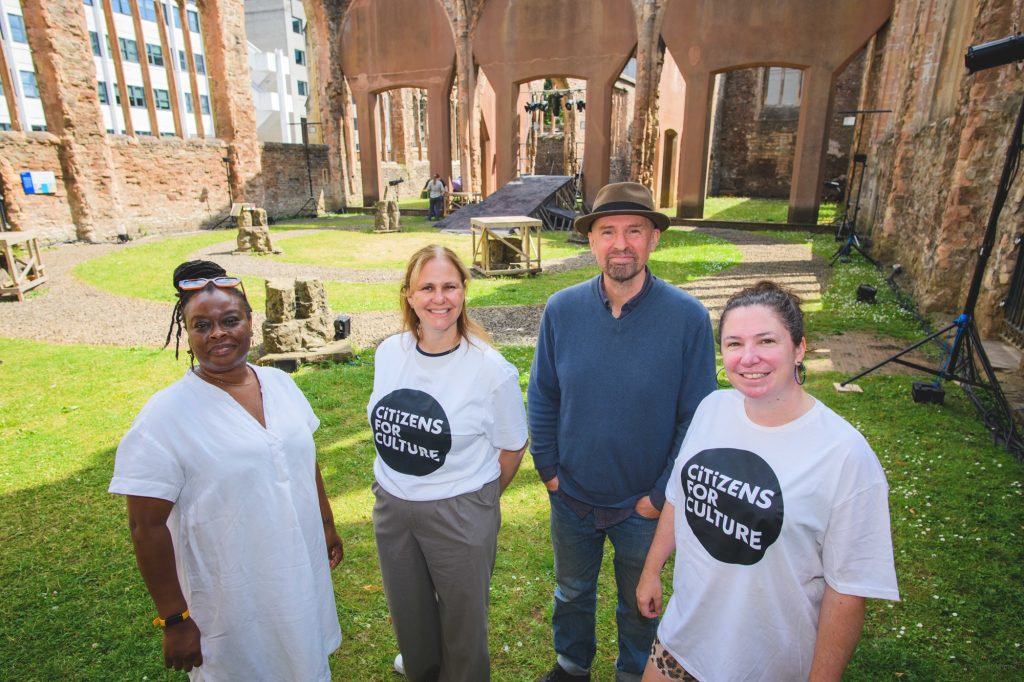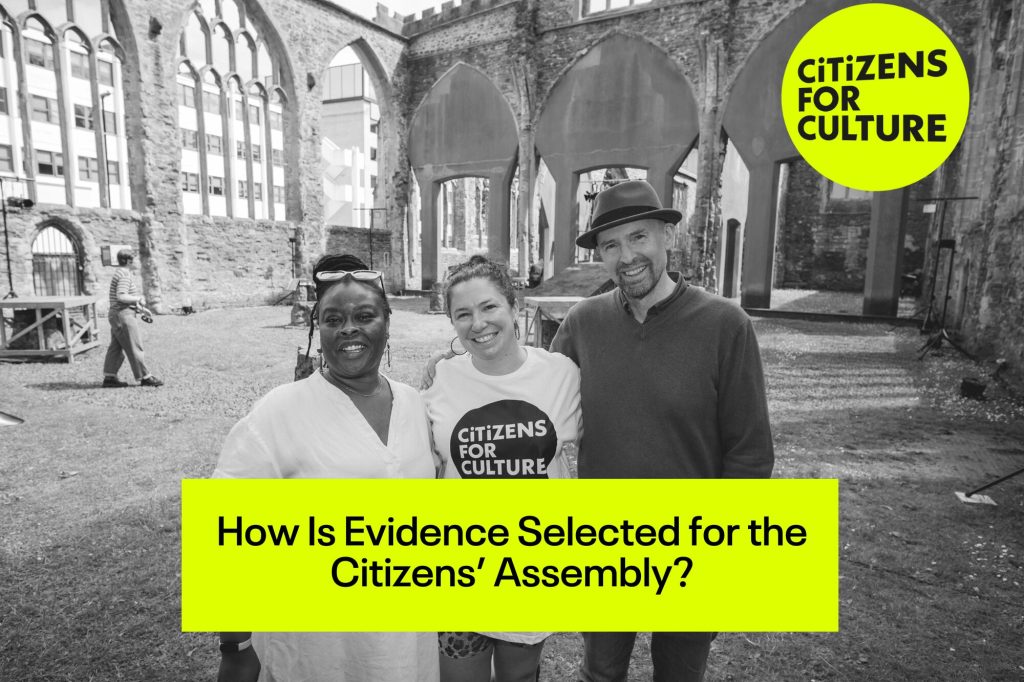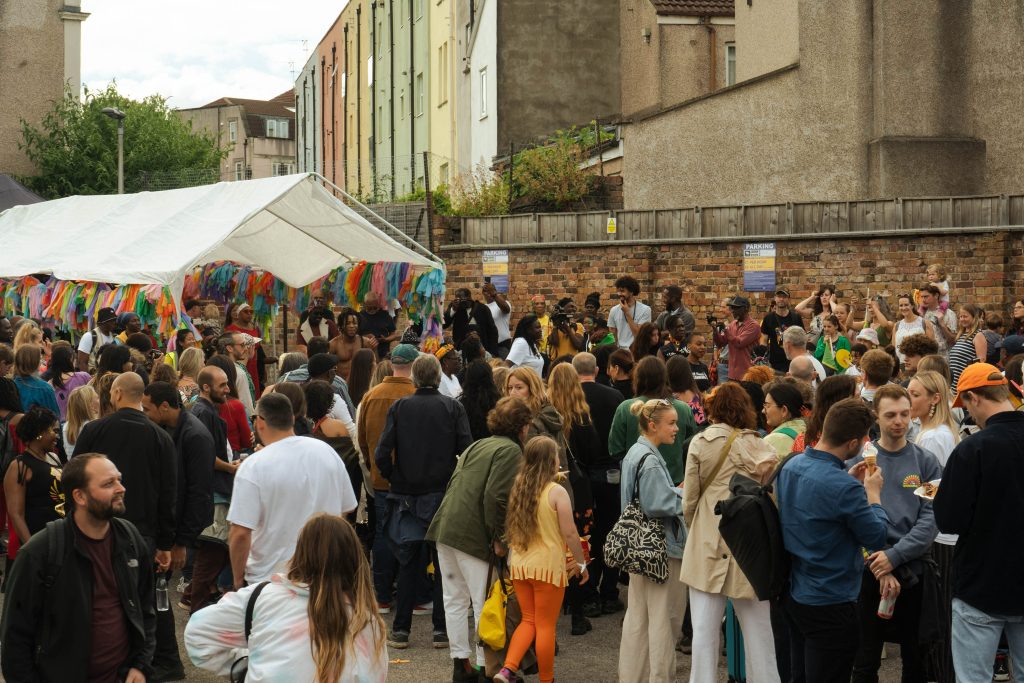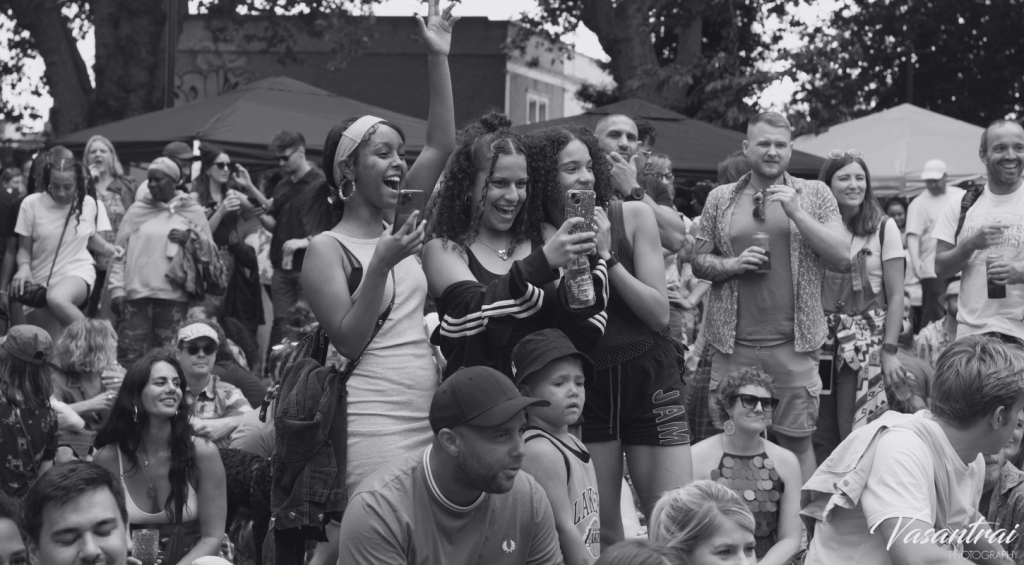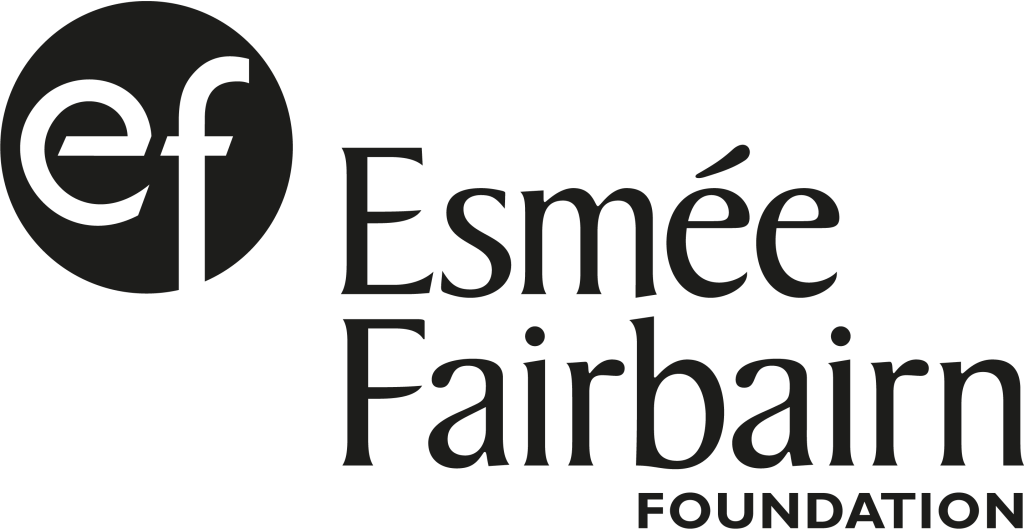Open Call for Proposals – Citizens’ Assembly Evidence
We are inviting people from the West of England to submit proposals for evidence to be presented at the Citizens’ Assembly for Culture in Autumn 2025.
We welcome evidence in various forms to ensure the Assembly reflects the diverse voices and needs of local communities. Individuals, artists, and organisations across the region are encouraged to contribute proposals for evidence to help shape the future of culture in the West of England.
This is your opportunity to share your insights, experiences, and creative ideas. If selected, your input will play a key role in creating a cultural plan that truly represents the West of England’s diverse communities.
For more information visit https://citizensforculture.info/ or email anjali@citizensforculture.info
For a glossary of key terms explained in the document, click here.
Deadline: 5pm 3rd July 2025
What is Citizens for Culture?
In 2025, ‘Citizens for Culture’ is bringing together people from across the West of England to explore how creative opportunities can be accessible for everyone in the region. A citizens’ assembly for culture will take place this Autumn 2025 where citizens will develop a Cultural Delivery Plan for the region that will be supported by our cultural sector and unitary authorities.
The Assembly will respond to the question:
‘What would culture and creativity look like in the West of England if they were for everyone?’
Why Submit an Evidence Proposal?
Through a Citizens Assembly, we have a chance to come together for the benefit of culture and creativity in the West of England. By creating a Cultural Delivery Plan led by citizens, we can show how important culture and creativity are and why it matters to the region. Working together, we can help attract much-needed investment and support, with input from people all across the West of England.
Submitting your ideas for evidence gives you a chance to be heard and to help guide the future of culture in the West of England. You can directly influence the Cultural Delivery Plan, and no matter your role, this is a chance to take part in a region-wide conversation that leads to real change. Here’s what’s in it for you:
Freelancers:
Showcase your practice, amplify your lived experience and advocate for the structural support you need to thrive.
Organisations:
Highlight the impact of your work, share models that could be scaled or supported, and demonstrate your role in the regional cultural ecosystem.
Community Members or Groups:
Share stories of local action, advocate for community priorities and ensure underrepresented voices are part of region-wide decision-making.
Start-Ups and Small to Medium Enterprises:
Influence policies that affect creative enterprise and make the case for investment.
Educators:
Contribute to shaping future cultural skills pathways and highlight successful training, outreach or apprenticeship models.
Cultural Leaders and Institutions:
Position your organisation as a sector leader and help align your mission with regional cultural goals that are community-informed.
What Are We Looking For?
We’re inviting proposals for evidence presentations that showcase the richness and diversity of culture across our region. Evidence presentations should be no more than one hour.
We’re especially interested in work that explores the role of culture in people’s lives, communities and the economy. We are grouping evidence under categories from the existing West of England Cultural Plan to ensure that the citizen-led plan can be supported by authorities in the West of England. Key themes include:
- Culture and Community
- How culture brings people together and strengthens communities
- Projects led by local communities
- Tackling inequalities and improving access to cultural opportunities
- Culture and Wellbeing
- How cultural activities support mental and physical health
- Examples of social prescribing, therapeutic programmes or creative projects that improve quality of life
- Lessons learned during and after the pandemic
- Cultural Economy and Workforce
- The impact of culture on the local economy
- Experiences of cultural workers, including freelancers and organisations
- Support for independent artists, start-ups and small to medium enterprises and businesses, for example through funding, networking, and support
- How makers and freelancers access and influence decisions made within the cultural space
- Skills and Opportunities
- Helping people gain the skills needed for creative careers
- Training, apprenticeships
- Focus on inclusion and creating opportunities for people from all backgrounds
- Cultural Infrastructure and Ecosystem
- How the cultural sector is structured, including key players, relationships, and systems
- The challenges of funding, sustainability and resilience in a post-COVID and cost-of-living crisis context
- The challenges and opportunities within the current landscape
- Culture and Place
- How culture shapes the identity of towns, cities and rural areas across the West of England
- Examples of art and culture making places more vibrant, inclusive and liveable
- Heritage spaces and how they hold a legacy of a place and people’s identity and connection to that place
How do I Submit Evidence?
To submit a proposal for evidence, please fill out this form, which will ask you to describe your submission.
We welcome evidence to be presented in the assembly in a range of formats, including:
- Written statements/research/reports that can be presented
- Case studies/ research
- Films/ short videos
- Panel Discussions
- Performances
- Workshops
- Presentations
- Artistic expressions, such as spoken word, visual art, performances etc.
Whatever your preferred medium, we want to hear from you.
How is evidence selected?
Evidence proposals will be put before an independent Advisory Panel. If selected, it will be presented to the citizens in the assembly who will consider it when developing ideas for a Cultural Delivery Plan.
What is the deadline?
Submissions will be accepted until 5pm 3rd July 2025
Accessibility:
If you have any access needs or require assistance with your submission, please contact anjali@citizensforculture.info
How are submissions selected?
The evidence will be selected by an Advisory Panel. Some of the evidence will be presented during the assembly, allowing participants to engage with it through performances, data, case studies, and testimonials.
What happens if my submission is selected?
If your evidence is selected for the assembly, you will be invited to join an assembly day either in-person or online to present your evidence to the citizens in the assembly.
You will be invited to present at one Assembly day, on either a Saturday or a Sunday in September or October 2025. Exact dates and times will be confirmed if your proposal is selected, but you will likely be required for half a day or less.
If you are freelance, unsalaried, or part of a small unfunded organisation, you will be reimbursed for travel (if your presentation is in person), provided lunch on assembly days, and offered a fee of £195 for presenting at the assembly.
If you are submitting evidence on behalf of an organisation with funding, you are invited to present as part of your role and will not be offered a fee.
What happens if my submission is not selected?
Even if your proposal is not selected for the Assembly, it may be included as part of an exhibition of evidence, accessible to the public and all participants throughout the assembly. This ensures that every contribution has the chance to shape the assembly’s final recommendations. You will have the option of whether you want your proposal to be included in a public exhibition.




